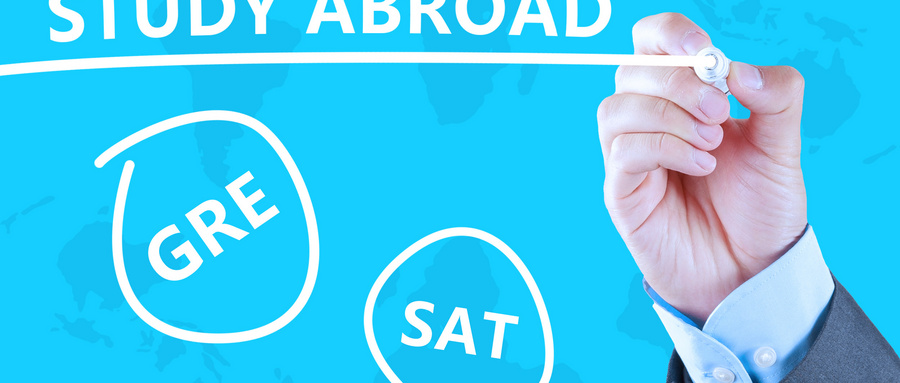2022-01-27 来源:中国教育在线
2019年考研《英语一》真题及答案14

Text 3
This year marks exactly two countries since the publication of Frankenstein;or,The Modern Prometheus,by Mary Shelley.Even before the invention of the electric light bulb,the author produced a remarkable work of speculative fiction that would foreshadow many ethical questions to be raised by technologies yet to come.
Today the rapid growth of artificial intelligence(AI)raises fundamental questions:”What is intelligence,identify,or
consciousness?What makes humans humans?”
What is being called artificial general intelligence,machines that would imitate the way humans think,continues to evade scientists.Yet humans remain fascinated by the idea of robots that would look,move,and respond like humans,similar to those recently depicted on popular sci-fi TV series such as“Westworld”and“Humans”.
Just how people think is still far too complex to be understood,let alone reproduced,says David Eagleman,a Stanford University neuroscientist.“We are just in a situation where there are no good theories explaining what consciousnesss actually is and how you could ever build a machine to get there.”
But that doesn’t mean crucial ethical issues involving AI aren’t at hand.The coming use of autonomous vehicles,for example,poses thorny ethical questions.Human drivers sometimes must make split-second decisions.Their reactions may be a complex combination of instant reflexes,input from past driving experiences,and what their eyes and ears tell them in that moment.AI“vision”today is not nearly as sophisticated as that of humans.And to anticipate every imaginable driving situation is a difficult programming problem.
Whenever decisions are based on masses of data,“you quickly get into a lot of ethical questions,”notes Tan Kiat How,chief executive of a Singapore-based agency that is helping the government develop a voluntary code for the ethical use of AI.Along with Singapore,other governments and mega-corporations are beginning to establish their own guidelines.Britain is setting up a data ethics center.India released its AI ethics strategy this spring.
On June 7 Google pledged not to“design or deploy AI”that would cause“overall harm,”or to develop AI-directed weapons or use AI for surveillance that would violate international norms.It also pledged not to deploy AI whose use would violate international laws or human rights.
While the statement is vague,it represents one starting point.So does the idea that decisions made by AI systems should be explainable,transparent,and fair.
To put it another way:How can we make sure that the thinking of intelligent machines reflects humanity’s highest values?Only then will they be useful servants and not Frankenstein’s out-of-control monster.
31.Mary Shelley’s novel Frankenstein is mentioned because it
A.fascinates AI scientists all over the world.
B.has remained popular for as long as 200 years.
C.involves some concerns raised by AI today.
D.has sparked serious ethical controversies.
32.In David Eagleman’s opinion,our current knowledge of consciousness
A.helps explain artificial intelligence.
B.can be misleading to robot making.
C.inspires popular sci-fi TV series.
D.is too limited for us to reproduce it.
31—32参考答案及解析:
31.【C】involves some concerns raised by AI today;通过题干Mary Shelly’s novel Frankenstein及题文同序原则可定位至文章第一段,在该段尾句,fiction that would foreshadow many ethical questions to be raised by technologies yet to come.此句中ethical questions可同义替换题干中的concern。故C为正选。
32.【D】is too limited for us to reproduce it;观点细节题。可通过关键词consciousness回文定位至原文第2段尾句部分:we are just in a situation where there are no good theories explaining what consciousness actually is and how you could ever build a machine to get there.可知我们将意识注入机器的能力是有限的,因为没有好的理论可以解释。
(一)由于考试政策等各方面情况的不断调整与变化,本网站所提供的考试信息仅供参考,请以权威部门公布的正式信息为准。
(二)本网站在文章内容来源出处标注为其他平台的稿件均为转载稿,免费转载出于非商业性学习目的,版权归原作者所有。如您对内容、版 权等问题存在异议请与本站联系,我们会及时进行处理解决。"